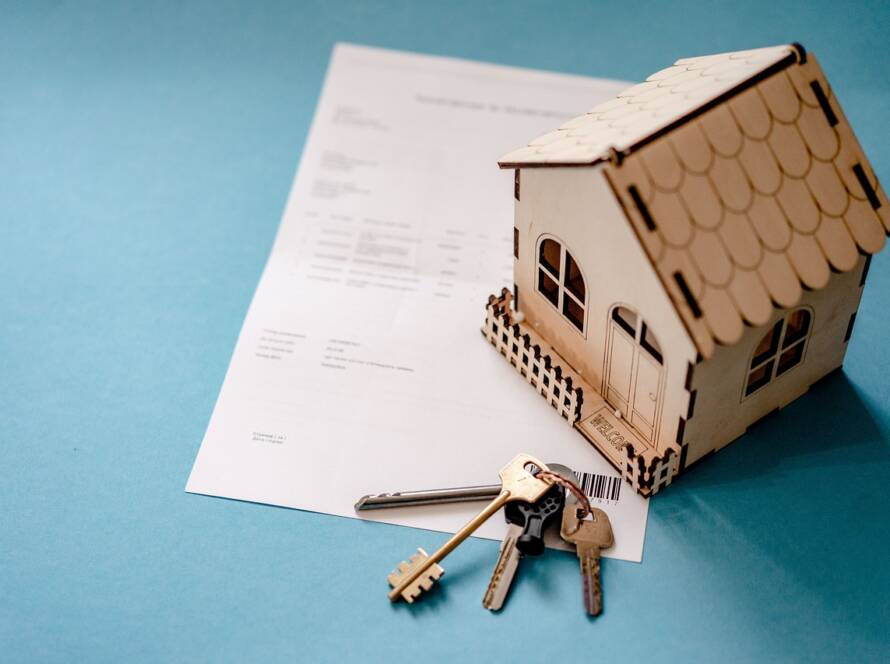Refinancing your mortgage is a big financial decision, and if you’re a new homeowner or haven’t refinanced before, it can seem overwhelming and you need to make sure someone has your back. That’s why we’ve assembled a list of Frequently Asked Questions to relieve some concerns you may have and make sure that your refinance goes smoothly.
1. What is Mortgage Refinancing?
Mortgage refinancing involves replacing your current mortgage with a new one, typically to secure better financial terms. This could include lower interest rates, adjusted loan terms, or accessing home equity for various purposes such as debt consolidation or home improvements. It’s essential to assess your financial situation and goals to determine if refinancing is the right move for you.
2. When and Why Might I Need a Lawyer?
While it is not always necessary, it’s advised to consult a real estate lawyer, especially in complex situations. This carries many benefits as a real estate lawyer can provide valuable guidance with their expertise, and can be of significant help if you’re unfamiliar with the refinancing process or if there are legal complexities involving your property.
3. Why Would I Refinance my Mortgage?
Refinancing your mortgage can serve multiple purposes, with each providing a variety of benefits. The most notable benefits include reducing your monthly payments, shortening the term of your loan in order to save on interest, cashing out your home equity to help in times of financial strain or consolidating debt. Having a well rounded understanding of your goals is crucial to determine whether refinancing is the decision for you.
4. What Documents Do I Need When Refinancing?
Refinancing can be a lengthy process with multiple steps. One of the first steps you need to take is gathering a variety of documents in order to ensure your lender can assess your financial situation precisely. Having all the necessary documents prepared can help streamline your refinance timeline.
Document Checklist:
-
-
- Proof of Income
- Tax Returns
- Employment Verification
- Asset Statements
- Property Information
- Disclosure of Outstanding Debts
- Credit Information
- Proof of Identity
- Any other Documents required by Lender
-
*It should be noted that each refinance is different and some may require additional documents not listed above*
5. How can Refinancing Lower my Monthly Payments?
By obtaining a lower interest rate, you also decrease the amount that you pay monthly, increasing your long-term savings. While this may seem like a win-win situation, it is always important to weigh your potential savings against the overall cost of the loan throughout its lifespan.
6. What are the Associated Costs?
Refinancing comes with various fees, including application, appraisal, and closing costs. It’s essential to factor in these costs when evaluating the financial benefits of refinancing, and some lenders may offer options to reduce or roll these costs into the loan.
7. Can I Refinance with a Second Mortgage?
If you have a second mortgage, you may still be able to refinance by either consolidating both loans into a new primary mortgage or negotiating to maintain the second mortgage’s position. Each option has its considerations, so it’s essential to weigh the pros and cons.
8. Can I Refinance with Bad Credit?
While refinancing with bad credit can be challenging, there are lenders who specialize in working with borrowers with less-than-ideal credit scores. However, be prepared for potentially higher interest rates or less favorable terms compared to those with excellent credit.
9. Do I need an Appraisal?
Lenders typically require a home appraisal to determine the property’s current value before approving a refinance. This helps ensure that the loan amount does not exceed the property’s worth, protecting both the lender and the borrower.
10. What are the Equity Requirements for Refinancing?
Most lenders require a minimum of 20% equity in your home for refinancing. You can build equity through regular mortgage payments, property value appreciation, or a larger down payment when purchasing your home.
11. Should I Look for a Different Lender?
While sticking with your current lender is an option, it’s essential to explore other lenders to compare rates and terms. Your payment history with your current lender may provide leverage for negotiating better terms or rates elsewhere.
12. What Does the Refinancing Process Look Like?
The refinancing process typically involves application, documentation submission, home appraisal, and closing. Throughout each step, it’s crucial to stay organized, review all contracts carefully (with the help of a real estate lawyer if necessary), and communicate effectively with your lender to ensure a smooth process.
To learn more, please visit KN Law Real Estate Blog, call (647) 350-1250 or email [email protected]
The information contained in this blog post is provided for general informational purposes only. It is not intended to constitute legal advice, financial advice, tax advice, or real estate advice. Readers are advised to seek specific advice from a qualified professional in the relevant field. KN LAW expressly disclaims any and all liability with respect to actions taken or not taken based on the contents of this blog post. For personalized advice pertaining to your individual circumstances, please consult with our lawyer or the appropriate professional advisor. Get a free consultation here.



